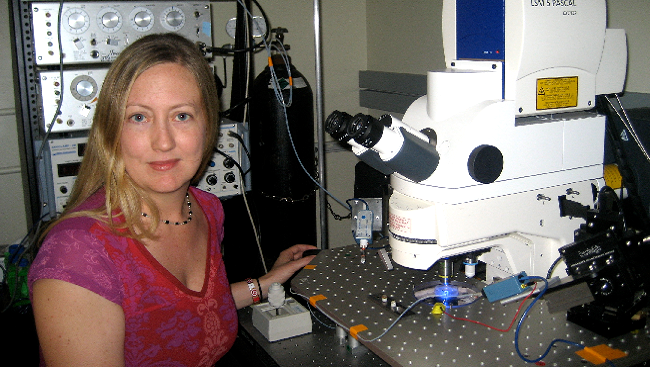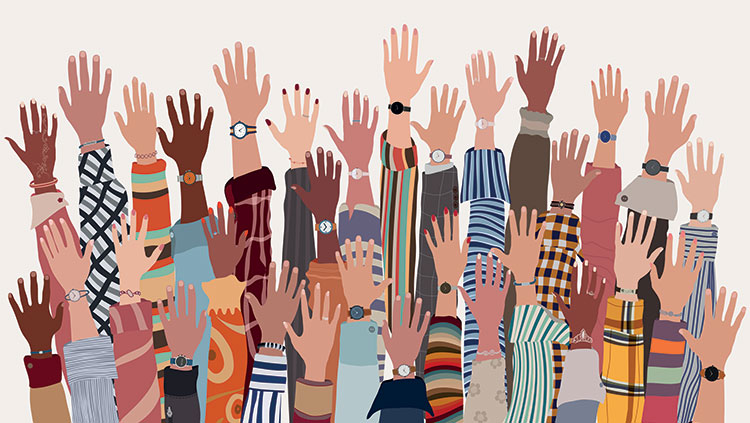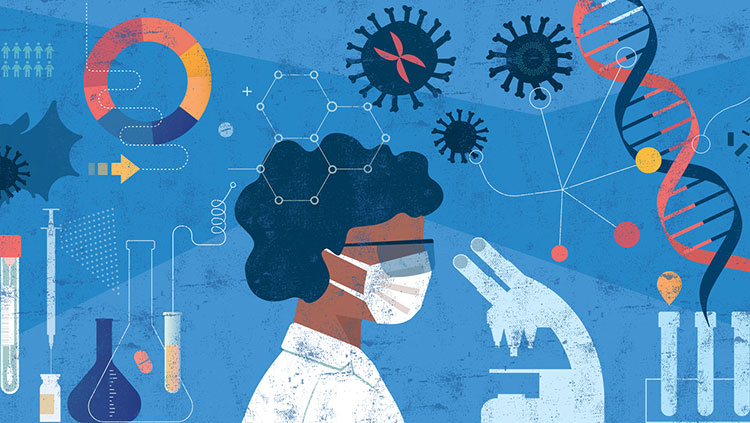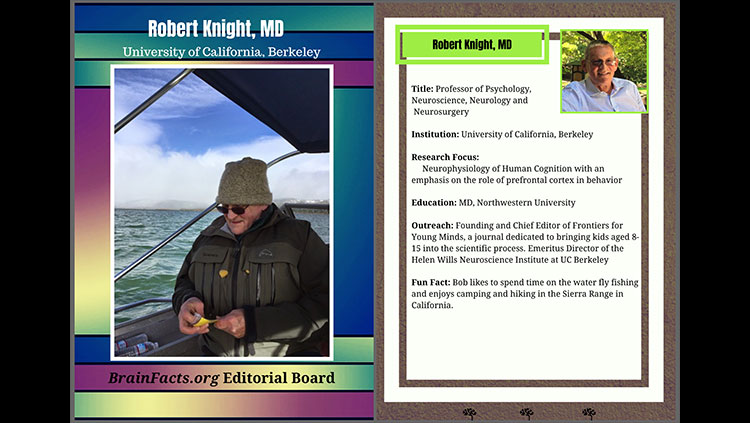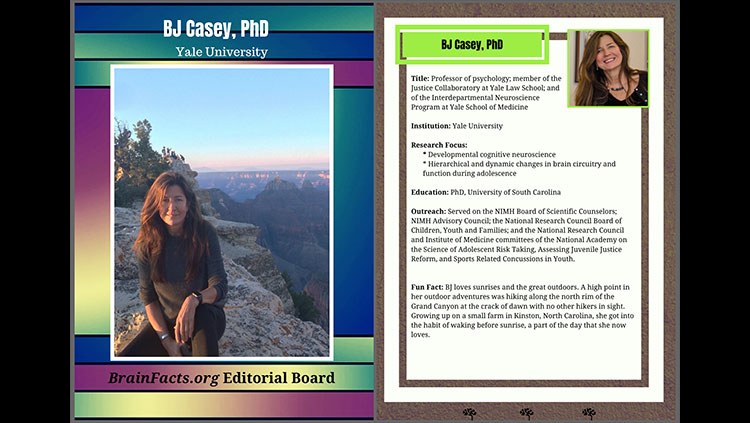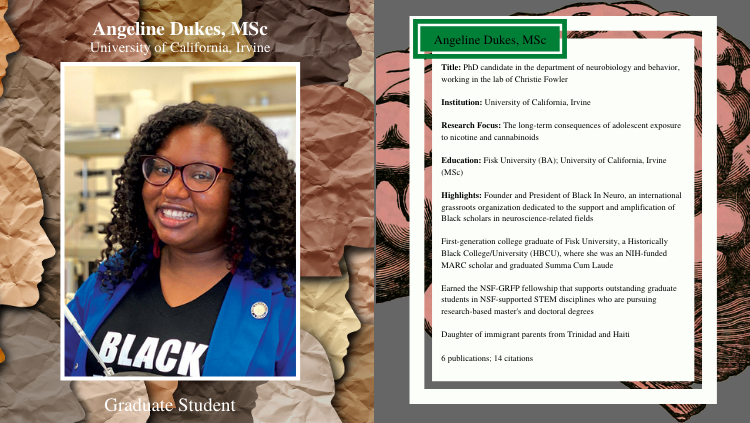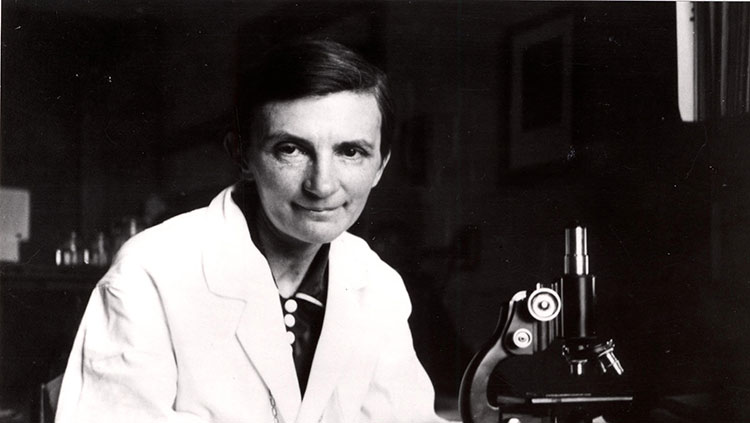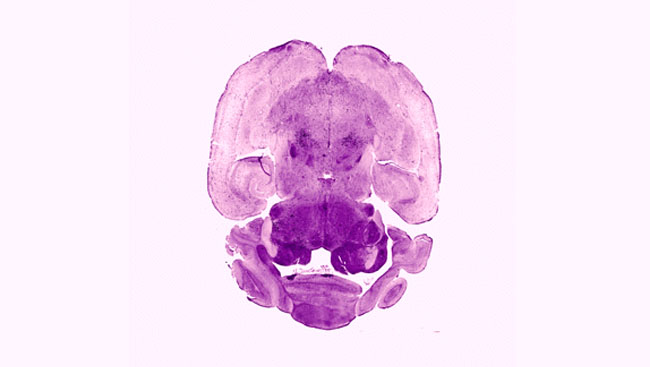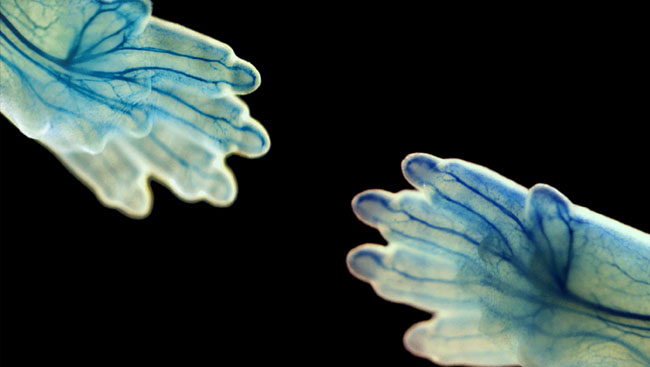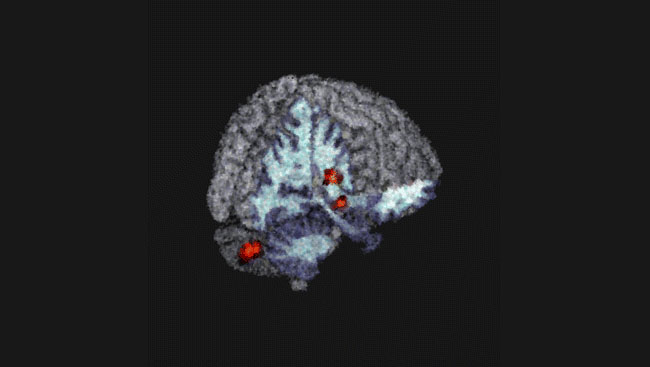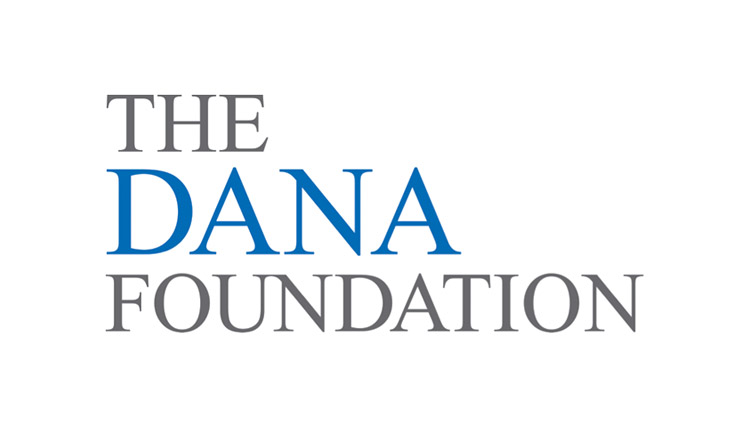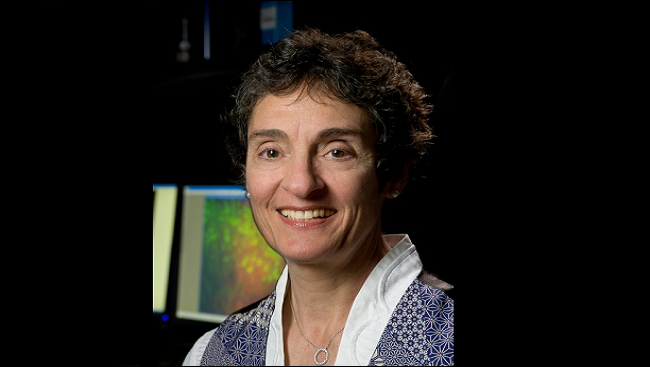
Carla Shatz: Shattering the Glass Ceiling
“No one thing [interested me in science] The question one might ask, especially of young girls, is what turned you off of science? I think we have an innate interest in the world around us and often in scientific things. I think it’s the fear of science and the complexity that turns people off.”

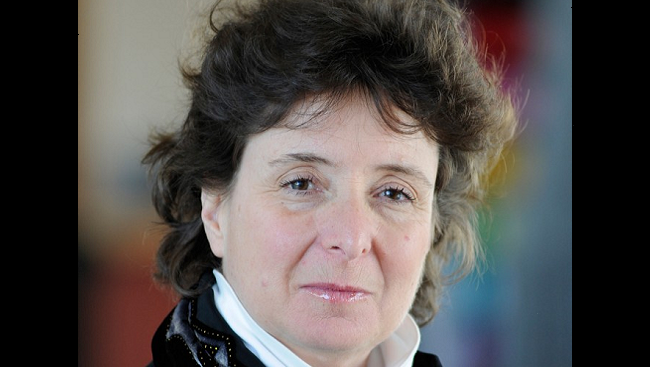
Judy Illes: Ethical Considerations for Neuroscience
“The social, legal, policy and ethical issues introduced by neuroscience research raise important questions that require us to consider perspectives on brain health and disease from all points of view, including different values, personal autonomy and culture.”

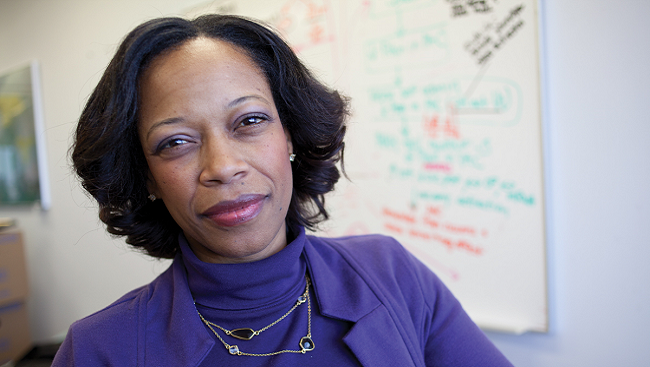
Yasmin Hurd: Marijuana and the Young Brain
“I studied the psychostimulants amphetamine and cocaine, and they were so interesting because they had a powerful influence on behavior. I became fascinated by how drugs took over a person’s life and changed behavior so profoundly.”

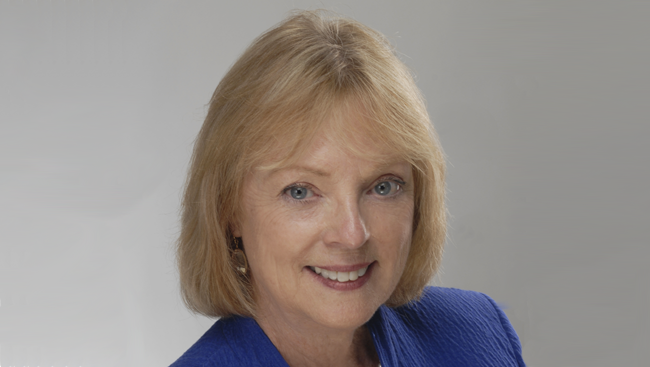
Janet Zadina: A Teacher Goes Back to School
“I enrolled in a graduate program when I was 52 that would allow me to merge my interest in addressing reading problems in children and neuroscience. I wanted every child to have a love of learning, and I turned to science to look further into it.”

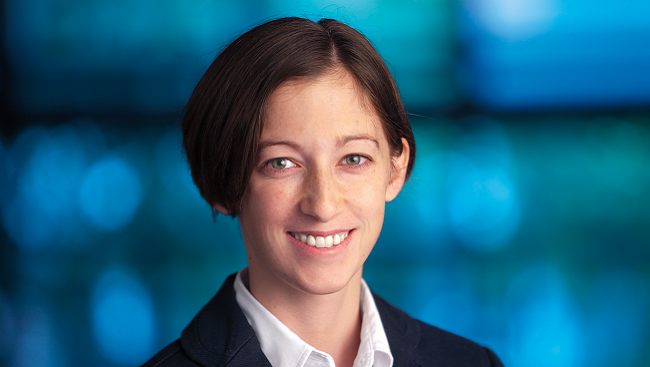
Danielle Bassett: The Flexible Brain
“The way that regions of the brain interact is kind of like being at a dance party. While you might start off an evening dancing with one person, after a certain period of time you might want to switch partners. Brain regions are constantly switching their partners in the dance of communication, allowing us to shift our thoughts and behavior from one moment to the next.”

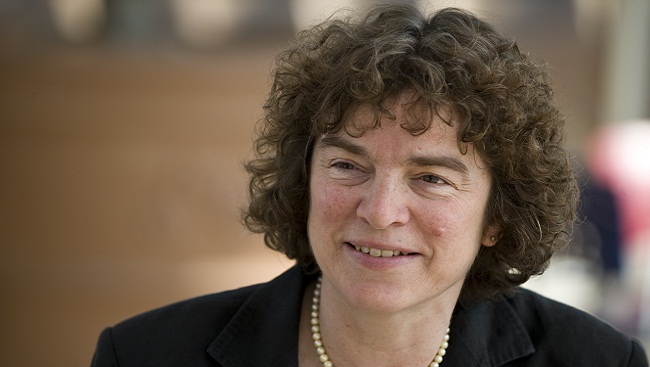
Karen Steel: The Genetics of Hearing
“Think of [hearing loss] as a 1,000-piece jigsaw puzzle. We've started to identify genes one at a time, but the picture would be limited if we only had one piece. It is much more important to get all the pieces and then put them together.”

The contributions of women to science and technology throughout history have been vital to the forward progress of these fields. Some of the most critical discoveries in neuroscience have come from the efforts of women across the world.
In honor of Women’s History Month and International Women’s Day, revisit some our favorite conversations with the scientists who are making big contributions to the study of the brain. To read more, browse through the images and their descriptions, and click on the link in each caption to read the full interviews.
About the Author
Michael W. Richardson
Michael W. Richardson is a writer and editor based in Brooklyn, New York, covering topics ranging from the brain and behavior to the environment.








